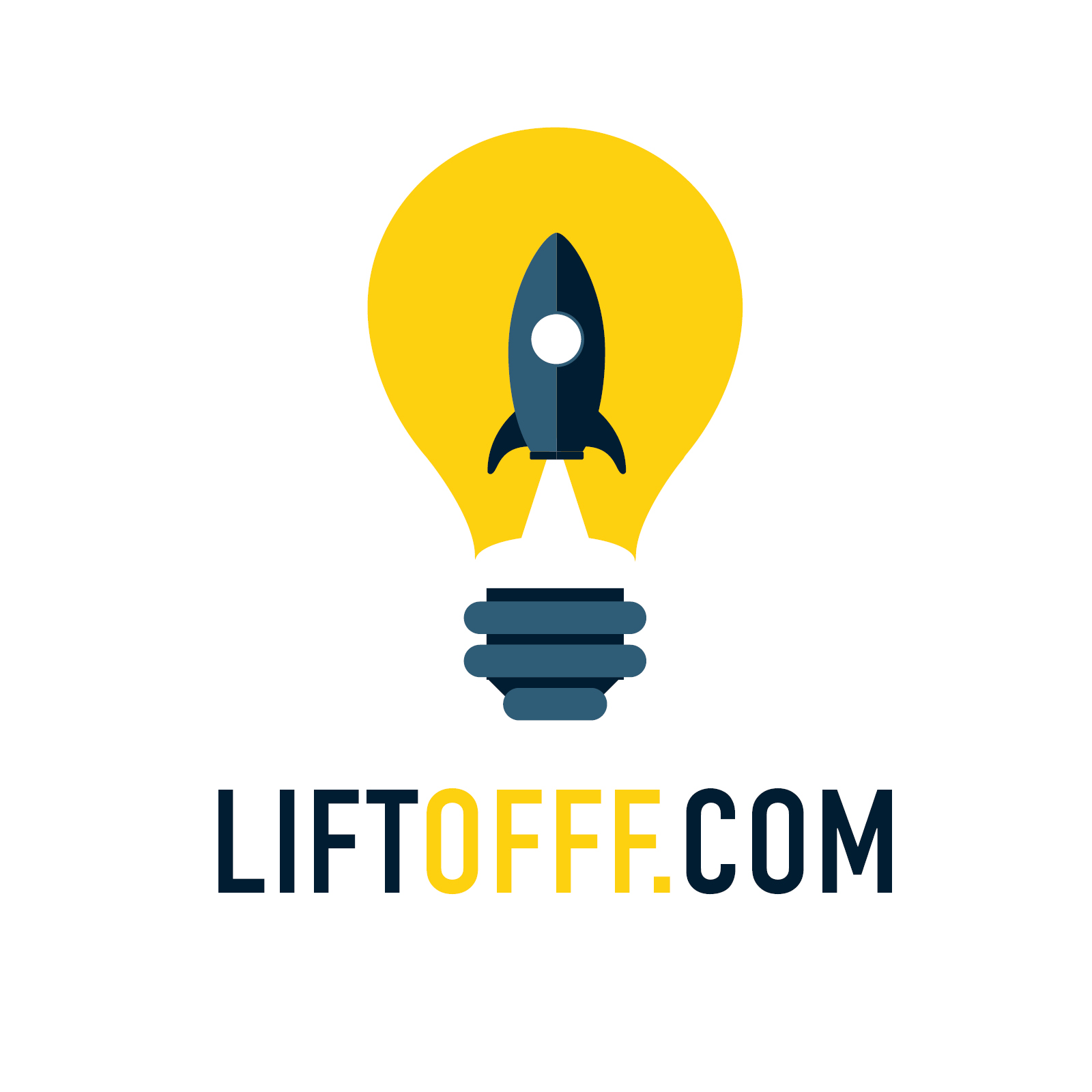Want To Become A Medical Marketer For Healthcare Startups? Here’s How
- LiftOfff Design Agency

- Sep 22, 2022
- 3 min read
Updated: Jan 24, 2023

Medical startups are on the rise in the USA, with the World Economic Forum welcoming several of them into their Technology Pioneers program. Alife, for instance, is a startup that supports healthcare advances by using artificial intelligence to improve the success rate of IVF. Another one, Recuro Health, on the other hand, advocates for digital medical care to lower costs and improve outcomes. These startups demonstrate impressive tech advancements and show how small businesses could help shape a better future for the medical industry.
Scaling up products and services for more efficient healthcare systems requires a good marketing strategy. Even the most groundbreaking and industry-transforming solutions that fill in significant gaps in the healthcare field can't reach their target audience without good marketing. Because marketing is at the heart of business success, medical startups need to include it in their core strategy. Marketing nurtures relationships and helps keep the spark alive—it connects you with the right customers while circling you back to the healthcare problem your startup wishes to address. Educating the public about your product or service is a way to inspire trust-building through thought leadership. To this end, marketers play a critical role—they make data-driven decisions that help increase revenue and get your startup noticed.
Want to become a medical marketer for healthcare startups? Here are three ways you can do so:
1. Get the proper training and education
A bachelor's degree in marketing, communications, or a related field can help you get a foot in the door into the field of healthcare marketing. The skills you gain in formal marketing programs, such as public relations, media relations, and communications, can help you pin down the foundations of a productive marketing strategy. However, medical marketers need special training in the basics of medicine, disease management, and epidemiology. They must learn to communicate concepts related to diseases and disease prevention, doctor-patient dynamics, and health systems.
This can be done through immersion programs, upskilling opportunities, and certificate courses. Medical marketers need to understand the patients' and healthcare professionals' perspectives. Doing so will allow you to draw in these audiences that will ultimately be the targets of healthcare startups.
2. Find a good mentor
Mentorship is the fastest way to learn marketing focused on the healthcare industry. Learning from someone who has led the way in medical marketing and startups can help you pick up skills that cannot be learned in classroom settings. Their previous experiences with patients or doctors can teach you how to build engagement and name recognition through marketing campaigns. Mentors can be an invaluable source of support and guidance for marketers wanting to shift focus to medical marketing.
Healthcare accelerators can provide unique perspectives to marketers who want to understand the field of healthcare startups. One-on-one consultations with established digital marketing professionals can help you understand the nuances between telehealth solutions and medical device companies regarding their marketing needs. Companies can widely differ in terms of conditions, and this is where mentorship can have maximum value.
3. Keep abreast of the latest trends
Healthcare is moving into a more personalized model that prioritizes collaboration and takes patient preference to heart. Some of the newest trends in healthcare startups include virtual care, ambulatory care services, data technology, and medical technology. Staying on top of these trends by constantly analyzing market direction or following industry leaders can help you gain authority on the topic of healthcare startups.
Because healthcare startups present value propositions to fill a need, marketers need to present that proposition to users in an effective manner. Calm, for instance, is a company that offers a slate of solutions for meditation and sleep through a thoughtfully designed application. The startup attained a $2 billion valuation in December 2020, following a $75 million fundraising round. They were able to do this by clinching the increasing attention of the public towards mindfulness and wellness through Facebook marketing. Their example demonstrates how keeping abreast of the latest trends can translate into the way you develop marketing plans and implement advertising strategies. Startups can radically transform the landscape of healthcare in the next few decades. Maximizing the potential of a healthcare startup requires good marketing, and medical marketers play a critical role in this end.





Comments